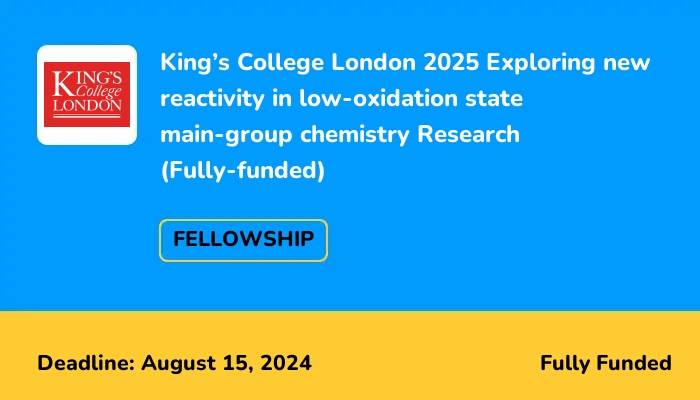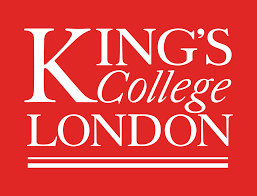 Menu
Menu
Published: 13 Aug 2024 771 views

Main-group chemistry has seen a rapid rise in popularity in recent years; from the synthesis of chemical curiosities that are impossibly stable, to the use of main-group complexes in catalysis, bond activation and materials applications. Exploration of this often-underutilised section of the periodic table is driven by the cheap, Earth abundant and non-toxic nature of many of these elements as well as the need to alleviate global demand on the conventional precious metal systems more commonly employed in many chemical processes. Recent advances is the field have revealed that main-group elements have can adopt reactivity more commonly associated with transition metals, with redox-type processes now becoming valuable synthetic methodologies [1]. In particular, group 2 and group 13 metals have shown themselves to be stable and isolatable in unusual low oxidation states when suitable supporting ligands are employed. The field is progressing rapidly, for instance since 2018 there has been an explosion of new low oxidation state aluminium compounds isolated which have been shown to exhibit a wide range of diverse and unusual reactivity [2]. We are interested in creating new low oxidation state main-group complexes and exploring their reactivity. This project will focus on the design, synthesis and characterisation of new low oxidation state main-group organometallic compounds. More specifically we are interested in: accessing new examples of low oxidation state main group compounds via untraditional synthetic routes; building towards the use of main-group metals in redox driven catalytic processes by targeting reversible processes; developing methods to isolate low oxidation state compounds on a synthetically useful scale and reactivity investigations with an emphasis on the activation of environmentally relevant small molecules (e.g. C–H activation in hydrocarbons, CO2, CO). The student will be trained in; methods for the synthesis and handling of air and moisture sensitive chemicals and compounds (Schlenk line techniques, glove box), synthetic analytical techniques (e.g. NMR, XRD, mass spectrometry), methods for elucidating reaction pathways/mechanisms, option for using computations to support research (DFT).
References:
1.C. Weetman, S. Inoue, ChemCatChem 2018, 10, 4213-4228.
2. K. Hobson, C. Carmalt, C. Bakewell, Chem. Sci. 2020, 11, 6942-6956
King's College London was founded by King George IV and the Duke of Wellington (then Prime Minister) in 1829 as a university college in the tradition of the Church of England. It now welcomes staff and students of all faiths and beliefs. King's professors played a major part in nineteenth-century science and in extending higher education to women and working men through evening classes. The university has grown and developed through mergers with several institutions each with their own distinguished histories. These include: United Medical and Dental Schools of Guy's an... continue reading

| Application Deadline | 15 Aug 2024 |
| Country to study | United Kingdom |
| School to study | King’s College London |
| Type | Fellowship |
| Course to study | View courses |
| Sponsor | King's College London |
| Gender | Men and Women |
Stipend: Tax-free stipend set at the standard UKRI rate, currently £20,622 with the London Weighting Allowance.
Bench Fees: Approximately £4,500 for wet lab research.
Tuition fees: Home fees covered by the studentship.
Home fees Students only are welcome to apply
The selection process will involve a pre-selection on documents, if selected this will be followed by an invitation to an interview. If successful at the interview, an offer will be provided in due time.
1.Complete an online application on the King’s Apply system
NOTE: If you have already submitted an application on King’s Apply for the Chemistry Research MPhil/PhD (Full-time/Part-time) for any research projects starting 2024/2025, do not submit another application. Please include your King’s Apply Portal Number when you send your CV and personal statement to [email protected]
2. Applicants should also email their CV and cover letter directly to Dr Clare Bakewell ([email protected]).
3.CV submission and online application MUST both be completed by the deadline. Email submission and online application MUST both be completed by the deadline.
All relevant information regarding eligibility, including academic and English language requirements, is available from the King’s Chemistry Website.
For more details visit: King’s College London website.